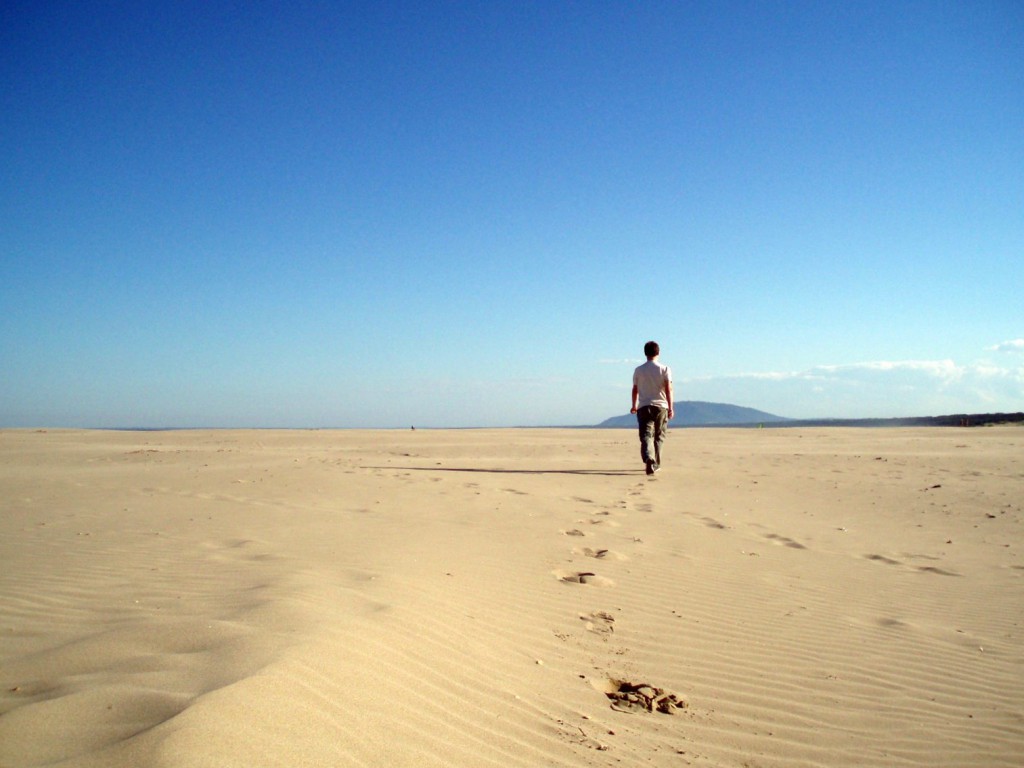 At an industry conference two weeks ago I told a few colleagues that I never would have started my business if I hadn’t gone through postpartum depression. It’s true. The work I did to get myself out of depression fundamentally changed how I viewed myself, my purpose and my potential on the planet.
At an industry conference two weeks ago I told a few colleagues that I never would have started my business if I hadn’t gone through postpartum depression. It’s true. The work I did to get myself out of depression fundamentally changed how I viewed myself, my purpose and my potential on the planet.
Have you ever noticed that the challenging times in our lives — periods of illness, depression, a layoff — can end up being what we attribute to our successes? We use phrases like “blessings in disguise” or “turning point” to try to explain how something devastating allowed us to find ourselves in a new way. Years later we may look back and say “something changed for me back then. It wasn’t all bad.”
I’ve been thinking about this a lot lately. I spend hours every week talking to people about their work, what’s tough, how they’re making sense of stressful situations. And as they navigate some of their toughest challenges, I also sense another obstacle throwing itself in their way. It is a force of combined professionalism and perfectionism, the belief that they should somehow be doing it better, that the mere fact they feel stuck at work is somehow a dig on their personal identity and potential.
At the same time I’m raising a two-year-old. He gets stuck all the time. We course-correct daily, showing him how to use everyday objects, teaching him to wait his turn, comforting him when he doesn’t get his way. The world is friendlier towards my son’s mistakes than it is towards my clients’. No one is crushing my toddler for his stumbles. He’s still learning.
But you know what? So are my clients.
From the time we’re born until we turn 18 years old, we grow in the foreground of a concept called “Childhood Development.” Childhood Development tracks biological, emotional and psychological progress as children grow, alerting caregivers and educators to periods when the child may need more support. This concept is well-established in our society; we track it in schools, during pediatrician visits, in our television programming.
But then, suddenly, the child turns 18 and it’s all over. Once you’ve successfully completed Childhood Development in school you enter the workplace as an adult — expected to get results and get to work. No more messing around; it’s go-time.
I’m not arguing that this is the wrong way to develop children. But what I am arguing is that it’s the wrong way to develop adults.
Our workplaces are sad states of affairs these days. From client services to surgery, our offices may claim to be environments where we’re allowed to learn but they rarely allow for us to be viewed as whole humans, living combinations of what happens at work as well as after hours. “Learning” at work means developing skills and expertise — we are sent to conferences, perhaps given professional development stipends. But much of our learning as adults happens outside of work — and we are rarely supported or given consideration for these lessons in the workplace.
In my first job out of college, the IT Director found out his wife was pregnant with triplets. I remember realizing one day, as he fixed our office’s printer, that he was going to be expected to show up and function the same from one day to the next, despite the fact that his home life (and sleep!) would be so disrupted.
Surely no one would be obtuse enough to believe that this kind of life change would pass unnoticed in his work. Outside paternity leave, what might we grant him? Small companies often struggle to find the resources to even support paternity leave in the first place. What is our responsibility as employers here?
I believe the key word is support. Whether you’re allowing a new parent a staggered return to the office (combining remote and in-office days), providing coaching, or gathering and sharing resources can mean a world of difference. Imagine providing an employee who just lost a parent some documentation outlining local resources for bereavement support groups. What would that say about your company?
It would say that your company cares about its employees as whole people. It would support the notion that employees are adults — and that adults are humans who are learning at their desks and beyond.
I’m dedicating my career to this. In fact, my BHAG is to empower a concept of Adult Development in our society by defining and championing the concept of Employee Development in our workplaces. Employee Development, to me, is the future of Human Resources. Instead of the cover-your-ass reputation that HR carries, Employee Development represents employee advocacy on every level. From the intern to the CEO, Employee Development suggests that every person employed at a company is fallible and may require periods of additional support. It is to our society’s benefit to account for this in the workplace.
Because an employee who finds out his child has autism or one who suddenly becomes primary caregiver for a relative… you are insane to think this new challenge won’t affect their presence in the office. The energy of our lives flows without restraint between “work” and “life”; to ignore this, as an employer, is at your company’s peril.
They’re learning. Through the highs and lows, they’re learning. And if we, as companies, support this growth rather than suppress it, we stand to benefit from their loyalty and development, their inspiration and their humanity.
At least that’s what I’m setting out to prove.